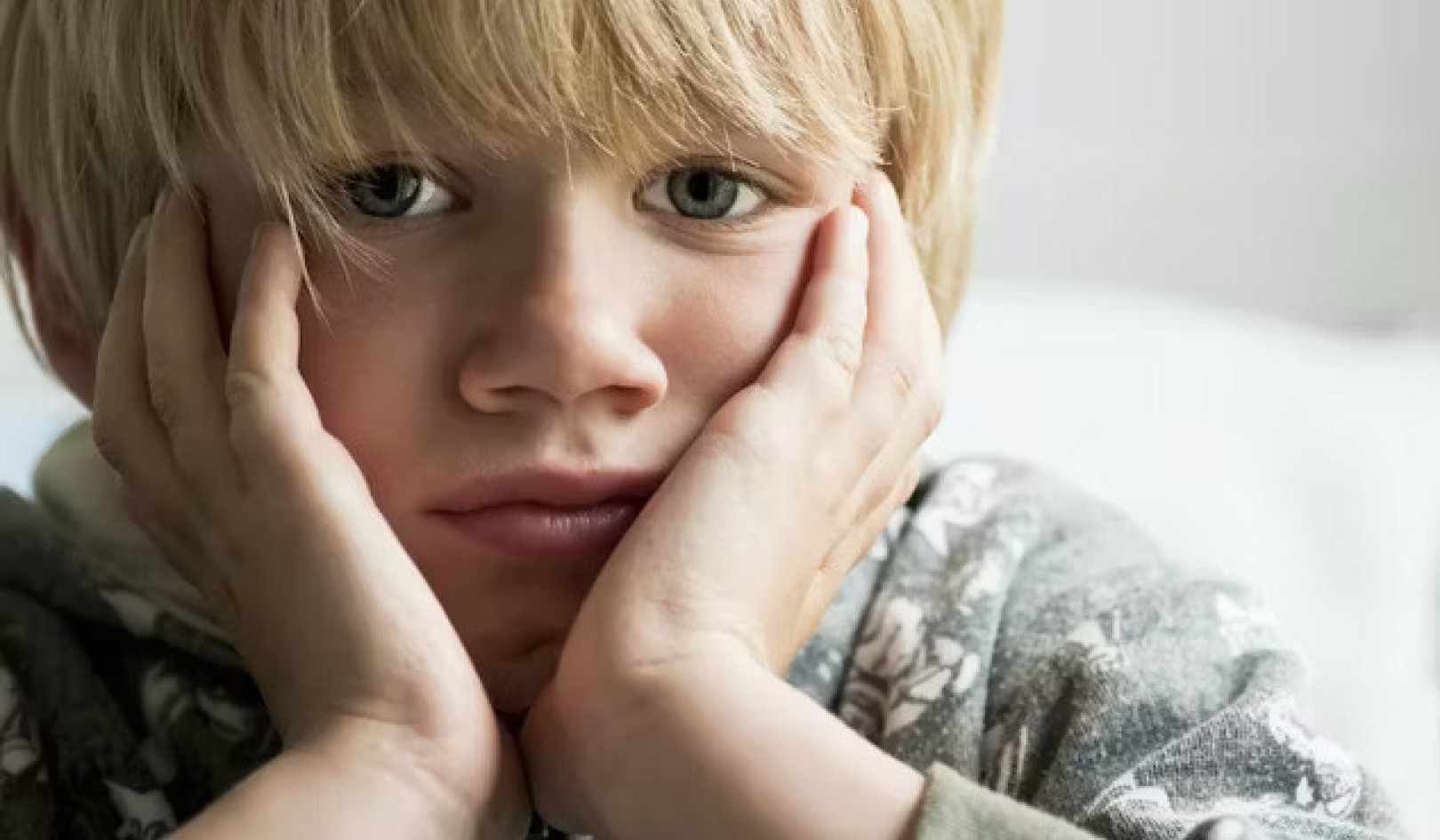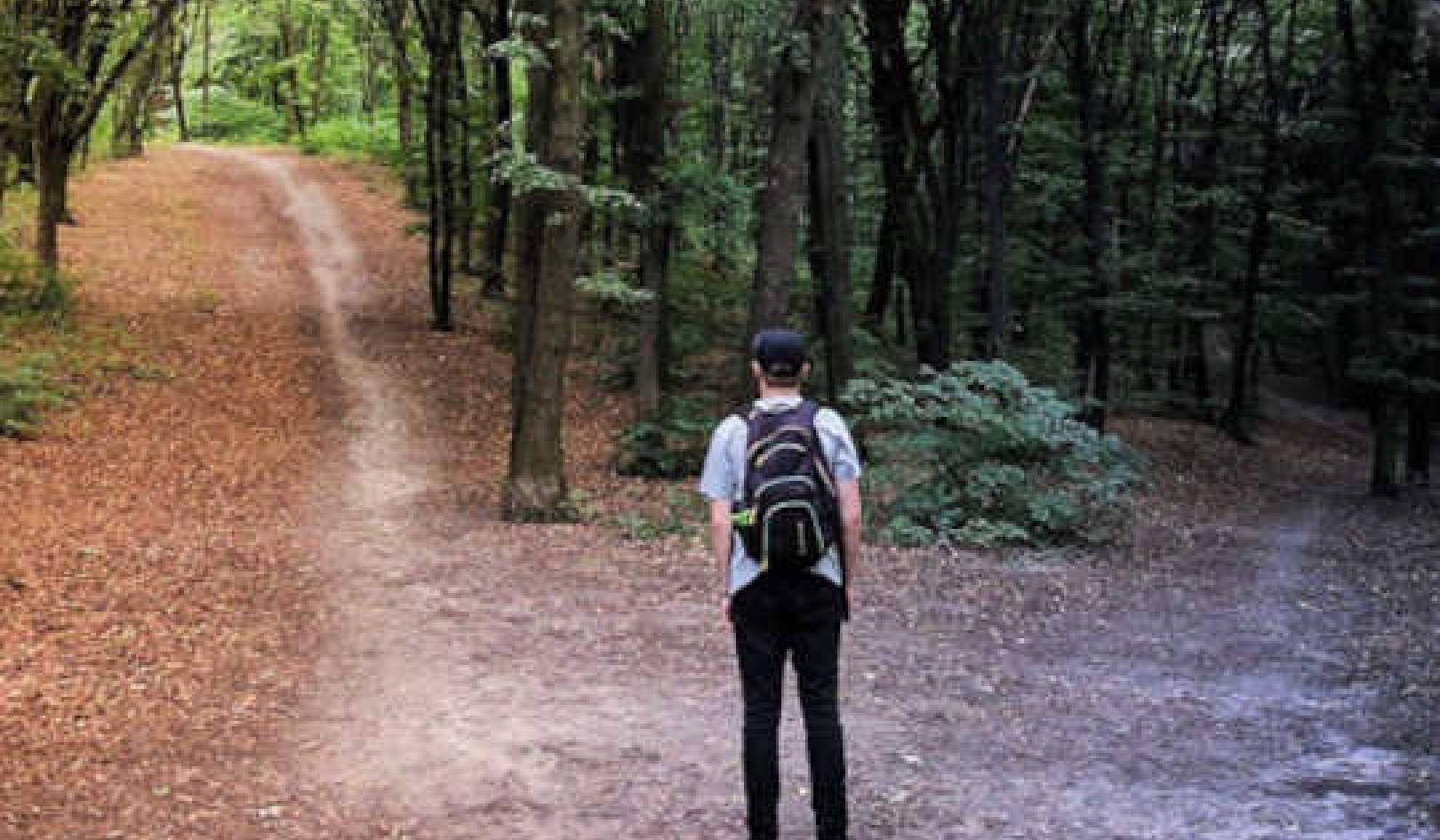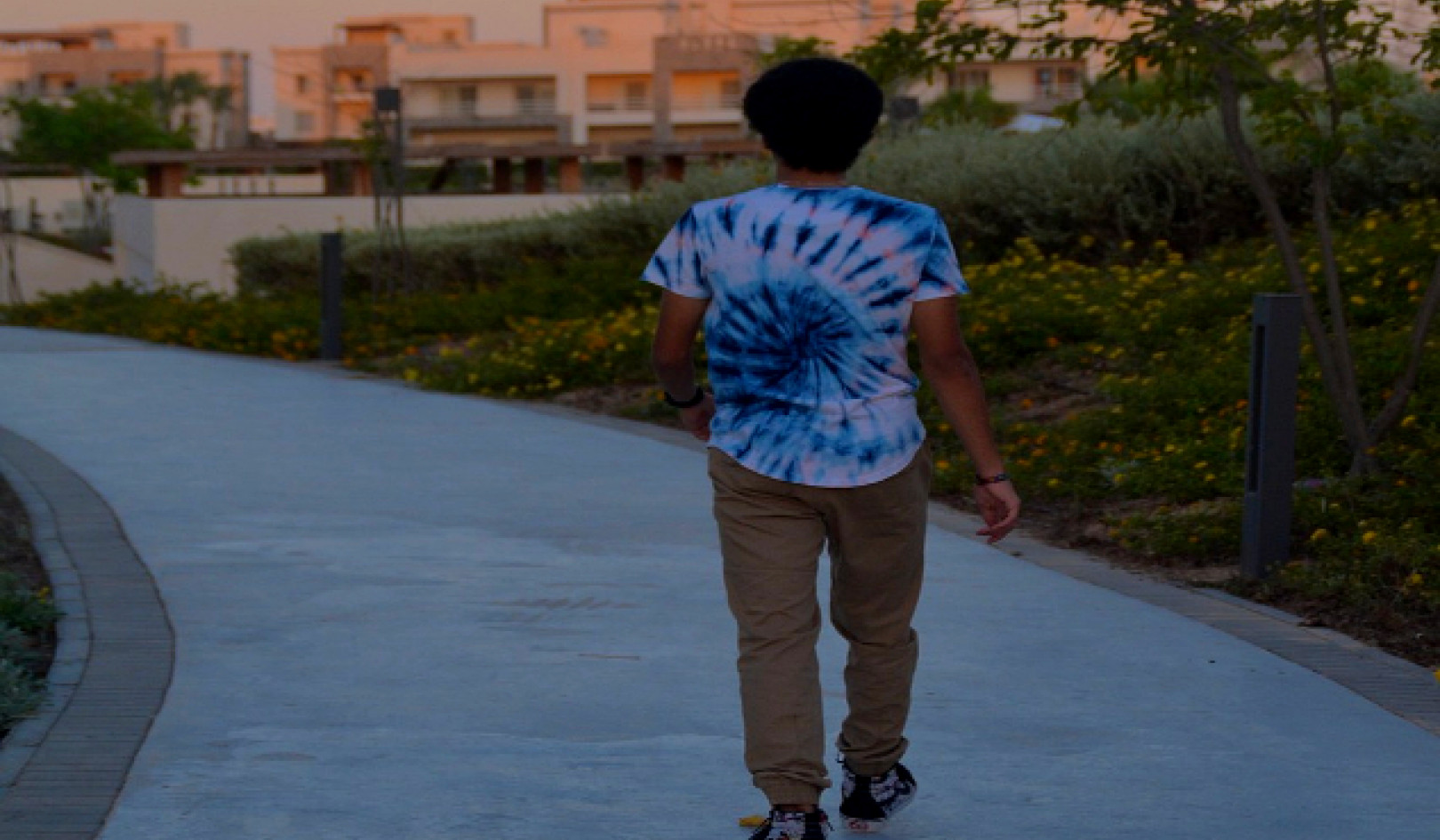
Image by Gerd Altmann
A while back I wrote an article entitled "I Am Safe" as part of my ongoing "What Works For Me" series. With all the fear going around these days (and not just about the Coronavirus), I thought I would delve again into the topic of fear, since it is currently a pervasive energy on Planet Earth.
Fear is used as a motivator and as a method of control, whether by ourselves or by others. Think of the parent that warns (rightly so): "Don't touch the hot stove, you'll get burned." The child can then react with caution when around a hot stove, or with rebellion as in "don't tell me what to do", or go to the other extreme and refuse to have anything to do with stoves ever again, because, after all, we might get burned.
The fear motivation can also be used in diets and health. "If I eat any more of that cake, I'll gain weight." Now you might say, that's not fear, that's simply common sense, and of course there is truth in that. The difference is in the head-space the choice comes from. Are we choosing not to eat the cake (or whatever) because we know it's the best choice, or because we are terrified of gaining weight.
Another example lies in relationships where someone may have chosen to never trust again, or never love again, because they might get hurt, or they might get abandoned. or rejected. That is another situation where fear of the future controls our actions... Fear of getting hurt can prevent us from experiencing the whole gamut of joyful emotions that are possible in life.
“An ounce of prevention is worth a pound of cure.”
Fear is a powerful motivator (sometimes) in the prevention of disease... though it doesn't always work. Take the case of cigarette packages bearing the statement "Smoking causes lung cancer, heart disease, emphysema, and may complicate pregnancy". As we've seen, it hasn't stopped some smokers from lighting up, and it hasn't stopped some teenagers from starting to smoke. So, fear tactics, at least when presented by others, does not always work.
When fear seems to have a stronger impact is when self-generated. Perhaps we hear some fearful prediction and it takes hold in our being, yet at other times we simply choose to ignore the fear. I am often amazed when I read about the side-effect of many modern prescription-drugs. Sometimes I wonder if the side-effects are not worse than the problem they are meant to cure or alleviate. Yet, again, some people are more fearful of the current headache or pain than of the potential side-effects of the remedy.
However, as Benjamin Franklin said, “An ounce of prevention is worth a pound of cure.” One takes precautions as needed. One does not wander off into a swarm of mosquitoes without some form of protection. We must take stock of the situation around us and take appropriate action, based on logic and intuition, not based on panic. In flu season, we take preventative measures, whether holistic or otherwise. In extremely hot weather, we do the same. We do not freak out, but we do the necessary things to protect ourselves and prevent harm to ourselves and others.
Tie Your Camel Too
There is an Arabic saying "Trust in God, but tie your camel too" In other words, one does not do foolish things because one trusts in God or in the Universe. In the same way, we take necessary precautions when there is danger. The tricky part is to decipher what is a "necessary precaution" and what is based in fear or panic.
In the current state of the world, there are many things we can be cautious about without letting fear rule our mind and life. We would not venture out in the midst of a bed of alligators without some form of protection. We wouldn't head into the middle of a tornado without realizing that the risk to our survival is great. But then, choosing to live the rest of our life in a sealed-up bunker underground for fear of anything happening to us is an over-reaction.
Leaving for a trip and leaving a sign on your front lawn that says, I'm gone for a month and the house is unlocked would be a case of foolishness, obviously. You also wouldn't leave a sign that said, I'm gone for a month but the door is locked. Nothing bad might happen, but it would be foolish behavior.
In all situations, we need to weigh the threat with the action needed, and do so from a calm space, not a panicked one. Solutions come from a calm clear mind and intuitive center, not from a fear-clenched mind and fearful heart.
It Can Be Done!
We've all heard stories of women who have accomplished "impossible" feats in order to save their children. They didn't stop to think, or evaluate, to wonder if they were safe in doing so. They just jumped in and did what needed to be done to save their child. Fear, overthinking, over-analyzing can all be impediments to finding a solution in a crisis.
We are currently in the midst of many crises... the most prevalent in many people minds in these past few years, and in the media, is the Coronavirus. The current crisis is inflation. Both are very specific problems with very specific solutions, if we (and the people in charge of such things) choose to put the solutions in place.
Yet there are other fearful scenarios lurking that are perhaps less obvious, or have less easily identifiable solutions. Global warming and the effects of it are more complex than simply taking a test and going under quarantine. It is a multi-faceted problem with many solutions, each addressing one aspect of the crisis.
Another fearful situation is the increased number of poor people, not only in "third-world" countries, but in affluent countries like the USA and much of Europe. Perhaps because the media is not focusing on it as much as "The Virus", or "The we don't see it as a threat to our health and well-being. It is easier to focus on a concrete problem with concrete solutions, rather than an upcoming problem with unclear solutions.
These other crises are situations that don't usually bring up fear like the fear of dying of the Coronavirus does, but perhaps need to be addressed as a crisis situation just as the virus is. Does that mean we should be afraid, be very afraid? Yes and no. We need to be aware that there is cause for fear, but we need to rise above the fear and find a solution based on knowledge and intuition, perhaps not in that order.
Many of our great inventors credited intuition as the source of the solution they were seeking. Many of them got the "ah ha" moment in their sleep, while taking a walk, or in the tub (or these days, in the shower). If we allow fear to take control of our mind and emotions, there is no space for creativity and for mindful analysis to find a solution.
Fear causes us to be like the child that closes his eyes, covers his ears and repeats "la, la, la, la, la" in order not to hear what is being said. Fear blocks our inner and outer receptors so that we become mired in the situation (whether imagined or real) and not able to see the solution that may be right in front of our eyes.
Adrenaline Junkie?
Some people thrive (or at least they think they do) on the energy of fear, and swarm to frightening movies, to visions of apocalypse, to watching all the devastating news they can find. My theory is that, sometimes, we enjoy living vicariously, experiencing the trauma, the drama, the fear through someone else's eyes. I can't say what the result is for others, but for myself, I do not enjoy being frightened or traumatized, even if it is through the eyes of another, as in a movie or newsreel. I find that my peace of mind is more important that the vicarious rush of adrenaline that can push through my veins at watching a panic-inducing scene in a movie.
An interesting thing I have noticed is that while the saying goes "art imitates life", I tend to agree with Oscar Wilde who said that "Life imitates Art far more than Art imitates Life". Think of the numerous movies or books that were written, and then later, the story plot starts manifesting in "real life". The book 1984 is an example.
Another? The most famous 9/11 predicting film, isn't a film at all. It was a TV episode of the X Files spin off "The Lone Gunman" which aired in March 2001, 6 months before the 9-11 crash into the World Trade Center buildings. There are numerous other instances of films "entertaining us" with epidemics, accidents, or even discoveries that later came true.
The question I ask myself, as someone who is a firm proponent of the power of the mind, is whether the plot lines of movies "predict" events, or actually help create them by getting so many people focusing on the outcome. Some might say it is just coincidence.
Quantum physics has shown that the observer changes the outcome of an experiment... in which case, thousands or millions of people focusing on an outcome, and feeding it energy, would be influencing the results. Now, I know for some that's a lot of "woo woo" but perhaps, as in the case of preventative medicine, it is better to be cautious and take actions to prevent something from unfolding, rather than go blindly into the future thinking that everything is out of our control. An ounce of prevention may well be worth a lot more than a pound of cure... and this applies not just to physical remedies, but mental and emotional ones.
If everything is made of energy, which it is, then what we feed in our reality is what will grow... If we feed it fear, then that which feeds on fear grows. If we feed it with calm choices, based on both intuition and rationality, then we feed what grows from that peaceful energy. The choice, as always, is ours.
In her book, The Power of Archetypes, Marie D. Jones relates a story that you may be familiar with:
There is a famous Native American parable about a grandfather who is talking with his grandson, who says “I feel as though I have two wolves at war in my heart. One wolf is angry and vengeful; the other wolf is loving and compassionate. How do I know which wolf will win?” The grandfather says, “The one you feed is the one that will win.”
Aha! So what we give our attention to is what grows bigger. What we continue to complain about, hate, resent, resist, deny, and suppress makes those very things grow because we are giving them our focus, whether consciously or subconsciously.
It sounds easy to understand, but in order to stop feeding the wrong wolves, we need to first call them by name and then round them up out of the shadowy depths of their hiding places in the collective unconscious and decide whether or not we should cast them out of our own fairy tales. -- The Power of Archetypes, Marie D. Jones.
Related Book:
The Only Little Prayer You Need: The Shortest Route to a Life of Joy, Abundance, and Peace of Mind
by Debra Landwehr Engle.
 These six words--please heal my fear-based thoughts--change lives. In this brief and inspiring book, based on Engle's study of A Course in Miracles, she explains how to use the prayer and experience immediate benefits.
These six words--please heal my fear-based thoughts--change lives. In this brief and inspiring book, based on Engle's study of A Course in Miracles, she explains how to use the prayer and experience immediate benefits.
About The Author
 Marie T. Russell is the founder of InnerSelf Magazine (founded 1985). She also produced and hosted a weekly South Florida radio broadcast, Inner Power, from 1992-1995 which focused on themes such as self-esteem, personal growth, and well-being. Her articles focus on transformation and reconnecting with our own inner source of joy and creativity.
Marie T. Russell is the founder of InnerSelf Magazine (founded 1985). She also produced and hosted a weekly South Florida radio broadcast, Inner Power, from 1992-1995 which focused on themes such as self-esteem, personal growth, and well-being. Her articles focus on transformation and reconnecting with our own inner source of joy and creativity.
Creative Commons 3.0: This article is licensed under a Creative Commons Attribution-Share Alike 4.0 License. Attribute the author: Marie T. Russell, InnerSelf.com. Link back to the article: This article originally appeared on InnerSelf.com



























